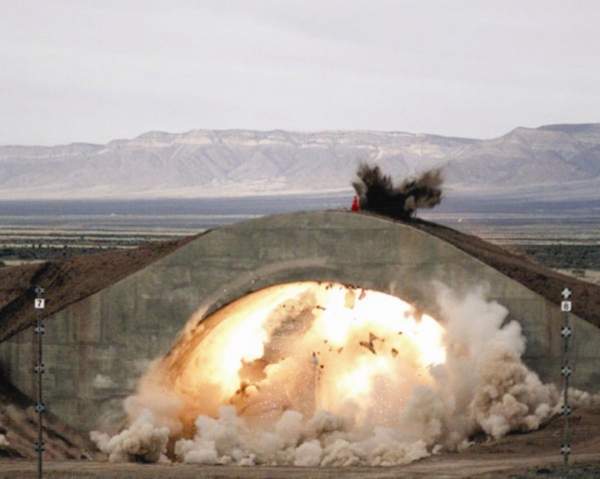
PCB Piezotronics manufactures sensors, signal conditioning instrumentation and cables to combat the challenges of the defence industry.
Applications for ammunition testing, fuzes and underwater defence vehicles
PCB products are used for applications such as explosive, gun and small arms ammunition testing, fuze or safe and arm of ammunition systems, penetration shock recorders, impact testing, and underwater defence vehicle vibration and acoustic monitoring.
Manufacturing operations are AS 9100: 2004 and ISO 9001: 2000 certified, with calibration procedures accredited by A2LA to ISO 17025. Products can be specifically designed for aerospace environmental standards, with RTCA-DO-160 and MIL-STD-810 programme design requirements, and low outgassing designs available for specific applications.
Explosive, gun and impact testing sensors for blast measurements
Shock accelerometers are miniature, high-amplitude, piezoresistive Micro-Electro-Mechanical Systems (MEMS) shock sensors.
They are capable of measuring long duration transient motion, as well as responding to and surviving fast rise times linked with a high-g shock event.
Selective housing options or OEM configurations are available.
Pressure sensors are for explosion, blast, and shock wave testing, are tailored to capture both total impulse measurements and peak pressure. Applications include measuring air-blast pressure in free-field or closed vessels to obtain peak pressure, total impulse, shock wave and time-of-arrival measurements often used to study blast effects on structures, vehicles, or other objects.
Noise source detection and identification methods are used to discern underwater vessels acoustics. All vessel noise sources must be measured and detected, for example, cavitations of the propulsion system, personnel, on-board equipment and other radiated noise sources.
PCB has vast underwater noise, vibration and pressure measurements experience. Our expertise with underwater testing is used in measuring and identifying noise sources, such as vibration, interior and exterior noise, acoustic pressure sensor arrays and noise assessment of vessels.
Accelerometers and electronics for dynamic force, vibration and pressure
PCB accelerometers are incredibly versatile with shock and vibration measurements, and able to address adverse environmental conditions. Accelerometers are divided into two wide-ranging categories, those containing built-in signal conditioning electronics (ICP type, voltage mode) and those that do not (charge mode).
ICP accelerometers are usually preferred as they are easier to use and have a simpler data system calibration setup, and lower system cost. Charge output accelerometers are normally used in environments with high temperatures that can affect the electrical components in an ICP type accelerometer.
PCB also produces an extensive electronics range for powering ICP, PE (Charge Mode), MEMS, strain gage and other sensors. Each product provides sensor signal conditioning to be transmitted to data acquisition systems.
Amplifiers and charge converters transform high-impedance signals to low-impedance voltage signals. Signal conditioners can have AC or DC coupling and are able to provide additional conditioning, including gain, filtering and integration.
The majority of PCB signal conditioners also feature fault monitoring LEDs for signal overload, open and short circuits.
About PCB Piezotronics
Founded in 1967, PCB manufactures piezoelectric quartz sensors, accelerometers and electronics for measuring dynamic force, vibration and pressure.
PCB incorporated microelectronic signal conditioning circuitry within the sensors for easy operation.
Increased growth and continual facilities, machinery and equipment investment allowed a permanent expansion of the company’s product offering.
PCB’s main aim is total customer satisfaction, supported by high product value, factory applications engineering and worldwide sales offices and representatives.













